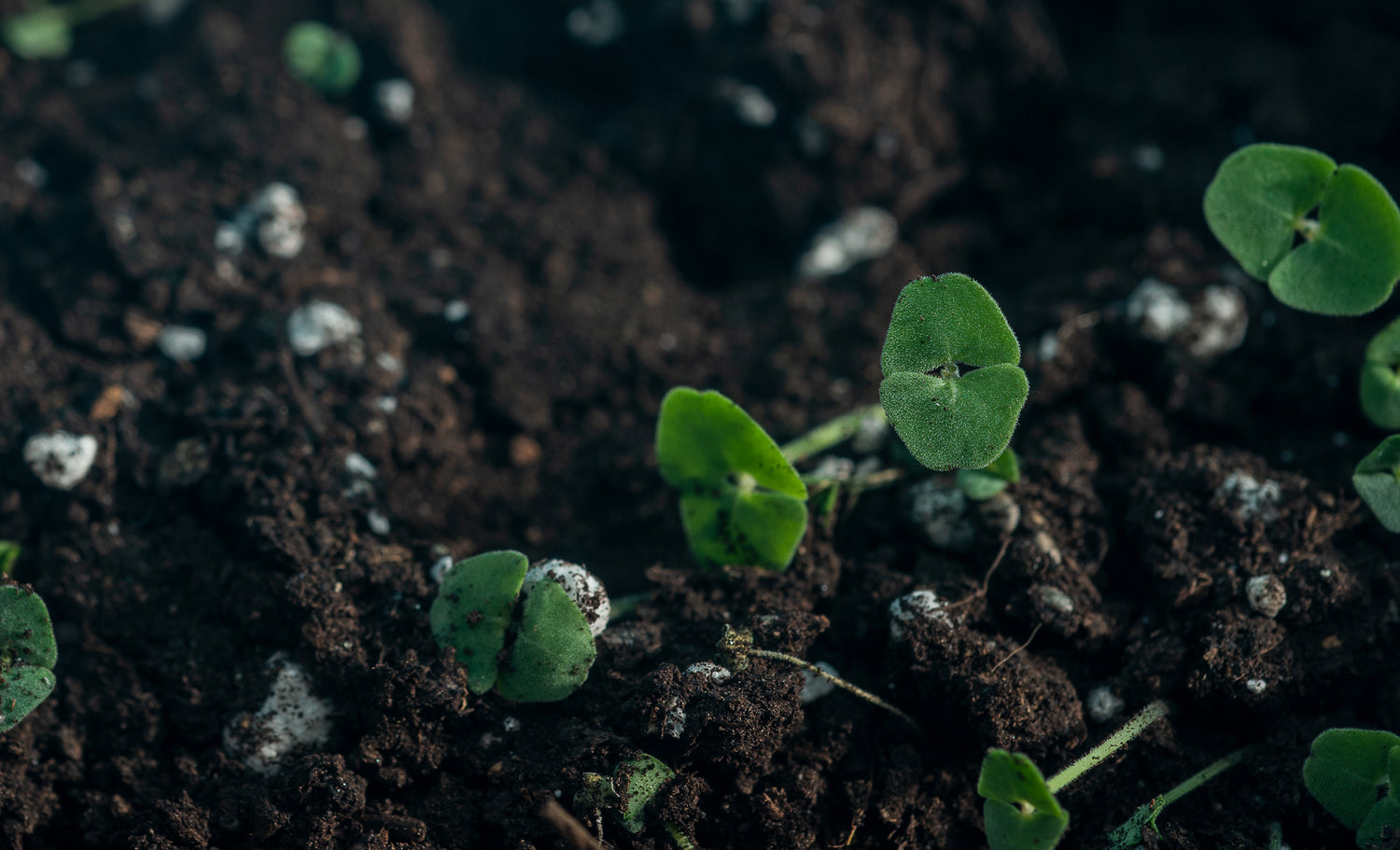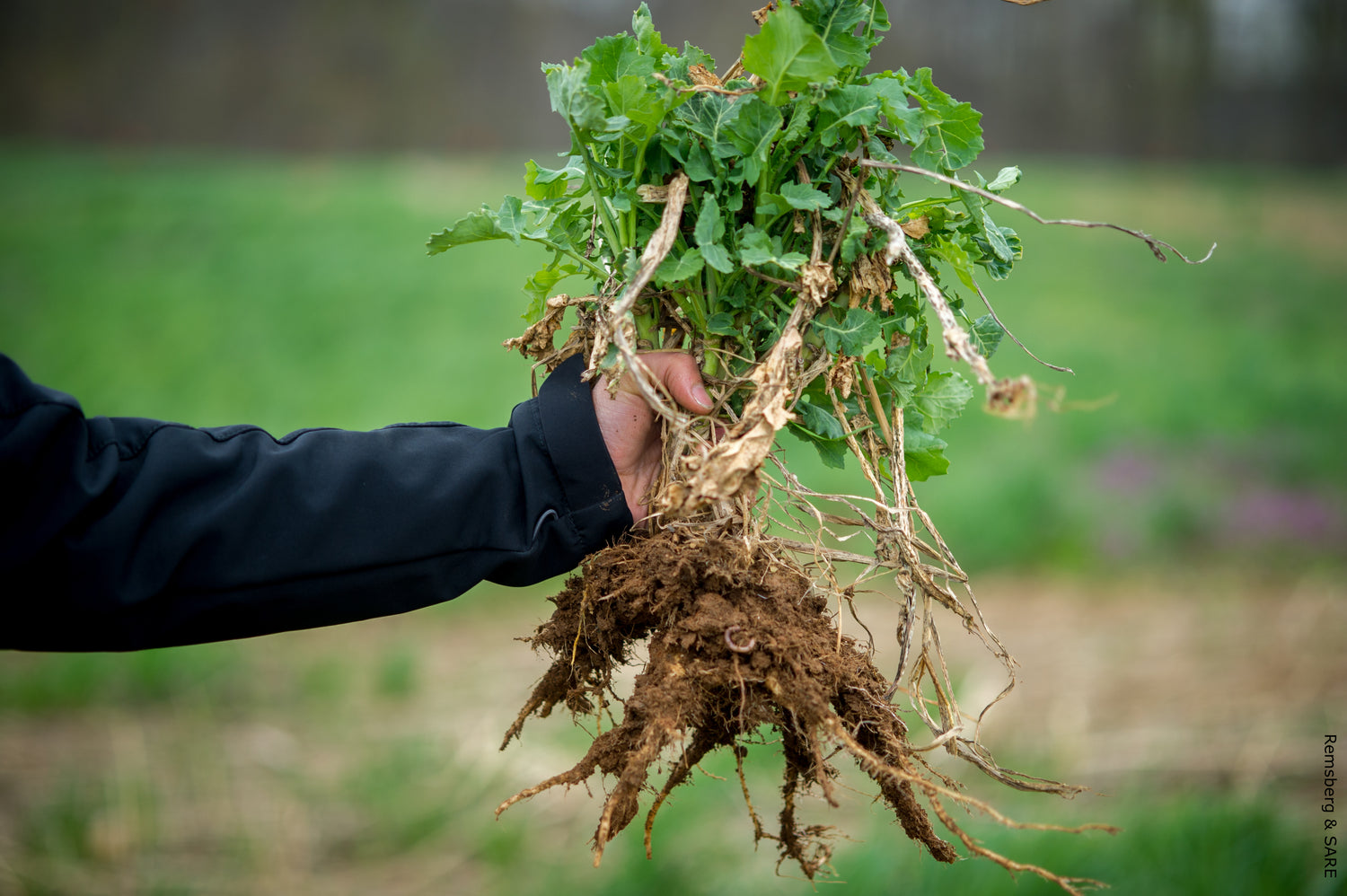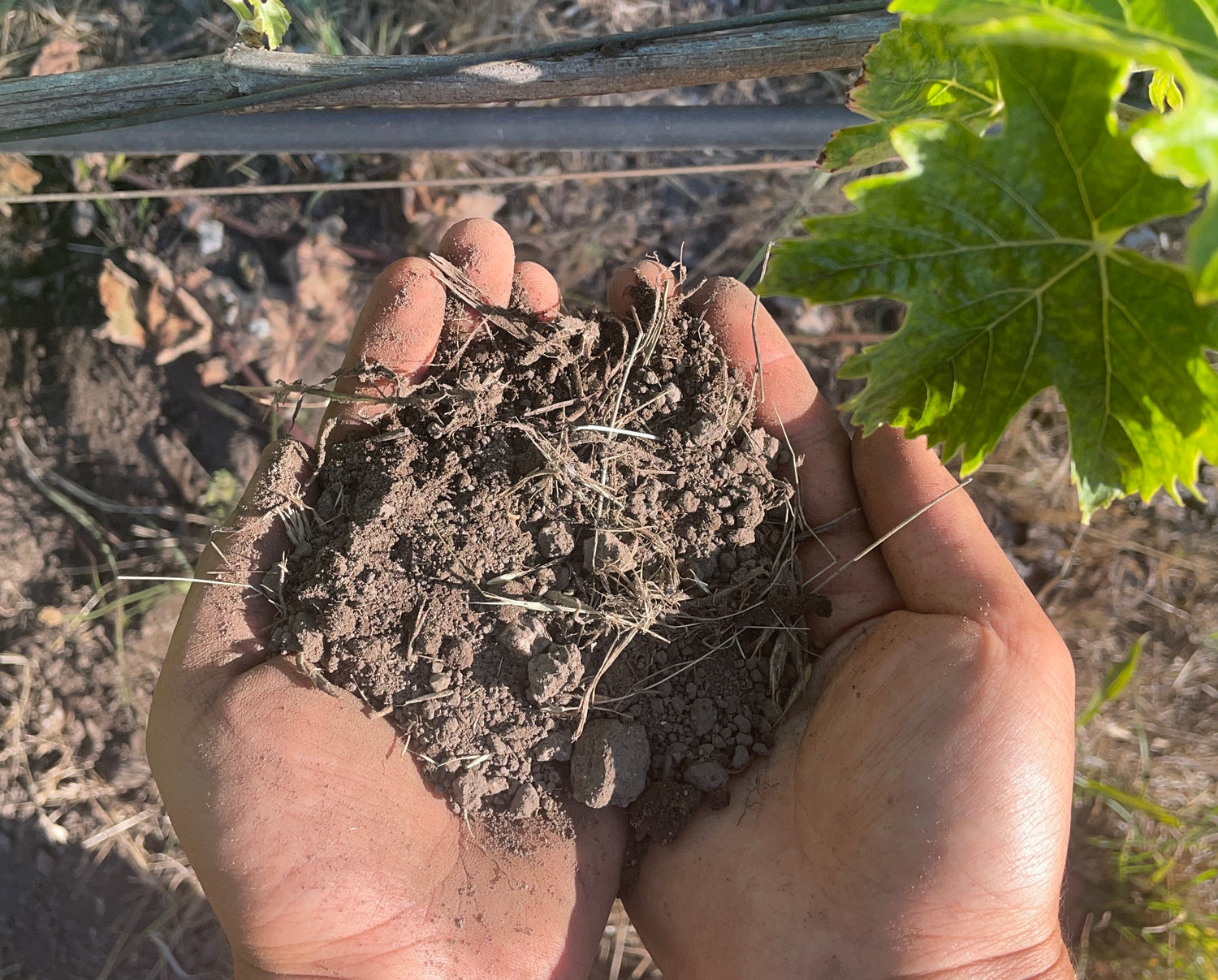Denver, Colorado—known as the Mile High City—presents unique challenges and opportunities for gardeners, landscapers, and property owners due to its distinctive soil composition. Nestled at the foot of the Rocky Mountains with an elevation of 5,280 feet above sea level, Denver's semi-arid climate and geographical location have created soil conditions unlike many other American cities. Understanding these soil characteristics is essential for successful gardening, sustainable landscaping, and effective water conservation in this rapidly growing metropolitan area.
Understanding Denver's Soil Profile: What Makes It Unique
Denver's soil composition varies significantly across the metropolitan area, influenced by geological history, climate conditions, and human activity. Recent soil surveys conducted by Colorado State University in 2024 identified several predominant soil types throughout the Denver region:
Clayey Loam Soils: Denver's Predominant Soil Type
The most common soil type found throughout the Denver metro area is clayey loam—a mixture of clay, silt, and sand particles. According to the 2024 Denver Soil Health Initiative report, approximately 65% of residential areas in Denver feature this soil type, particularly in neighborhoods east of I-25.
Key characteristics of Denver's clayey loam:
- Nutrient retention: Excellent capacity to hold essential plant nutrients
- Water retention: Holds moisture well, sometimes too well
- Drainage challenges: Prone to compaction and poor drainage
- Expansion properties: Can expand when wet and contract when dry, potentially affecting foundations
- pH levels: Typically alkaline, ranging from 7.5 to 8.2
A 2025 analysis by the Colorado Soil Science Association revealed that Denver's clayey soils contain significantly higher levels of calcium and magnesium compared to national averages, contributing to their alkaline nature.
Sandy Soils: Found Along Waterways and Select Neighborhoods
Sandy soils are less common in Denver but occur notably along the South Platte River corridor and in parts of southeast Denver. The 2024 Denver Water Conservation Study identified approximately 22% of Denver's residential areas as having predominantly sandy soil compositions.
Key characteristics of Denver's sandy soils:
- Drainage: Excellent drainage capabilities
- Water retention: Poor moisture retention, requiring frequent irrigation
- Nutrient availability: Limited ability to retain nutrients
- Temperature fluctuation: Warms quickly in spring but also cools rapidly
- Texture: Gritty texture that's easily recognizable
Rocky Mountain Soils: Denver's Western Edges
As development has expanded westward toward the foothills, more properties encounter Rocky Mountain soils characterized by their higher rock fragment content. The 2024 Colorado Geological Survey estimated that approximately 18% of Denver County features this soil type.
Key characteristics of Rocky Mountain soils:
- Rock content: High percentage of rock fragments (15-40%)
- Soil depth: Often shallow before hitting bedrock
- Drainage: Variable but generally good
- Nutrient levels: Typically lower in organic matter
- Cultivation challenges: More difficult for traditional gardening
Urban Soils: The Impact of Development
Denver's rapid growth has created what soil scientists call "anthropogenic soils"—soils significantly altered by human activity. The 2025 Denver Urban Ecology Study found that over 75% of Denver's urban core contains highly modified soils that bear little resemblance to their original composition.
Key characteristics of Denver's urban soils:
- Compaction: Often severely compacted from construction
- Contamination: May contain industrial pollutants in older neighborhoods
- Structure: Disrupted natural soil horizons
- Biological activity: Reduced microbial diversity
- Variability: Highly inconsistent properties even within single properties
Denver's Soil Challenges: pH and Altitude Effects
Alkaline Soil Conditions
One of the most significant challenges for Denver gardeners is the naturally alkaline soil pH. Recent testing by Colorado State University Extension (2024) found that Denver residential soils average a pH of 7.8, significantly more alkaline than the 6.0-7.0 range preferred by most garden plants.
This alkalinity stems from:
- The region's limestone parent material
- Low rainfall that doesn't leach alkaline minerals
- Irrigation with mineral-rich water
- High calcium content from mountain runoff
High-Altitude Effects on Soil Biology
Denver's elevation creates distinct conditions for soil microorganisms. Research published in Soil Biology and Biochemistry (March 2025) demonstrated that Denver's soil microbiome differs significantly from comparable soils at lower elevations:
- 22% lower microbial biomass
- Reduced organic matter decomposition rates
- Different fungal-to-bacterial ratios
- Altered nitrogen cycling processes
- Greater resilience to temperature extremes
Soil Testing: The Foundation of Garden Success in Denver
Given Denver's variable soil conditions, professional soil testing should be considered essential before any major landscaping project. A comprehensive 2024 survey by Denver Urban Gardens found that only 31% of local gardeners had ever conducted a soil test, despite 78% reporting soil-related challenges.
What Denver Soil Tests Typically Reveal
| Soil Parameter | Denver Average | Ideal Range | Impact on Gardening |
|---|---|---|---|
| pH | 7.5-8.2 | 6.0-7.0 | Nutrient availability issues, especially iron and phosphorus |
| Clay Content | 35-45% | 10-30% | Drainage problems, compaction, difficult root growth |
| Organic Matter | 1-3% | 5-10% | Poor soil structure, low microbial activity |
| Soluble Salts | 2.0-4.0 mmhos/cm | <2.0 mmhos/cm | Plant stress, reduced growth, water absorption issues |
| Iron Availability | 3-8 ppm | 10-20 ppm | Chlorosis (yellowing) in plants, especially trees |
| Phosphorus | 10-25 ppm | 30-50 ppm | Reduced flowering and fruiting |
| Calcium | 2500-3500 ppm | 1000-1500 ppm | Contributes to alkalinity, nutrient imbalances |
Source: Colorado State University Extension Soil Testing Laboratory, 2024 Annual Report
Soil Amendment Strategies for Denver Gardens
Based on the latest research from Colorado State University's 2025 Urban Horticulture Guide, these amendment strategies are most effective for Denver's various soil types:
For Clayey Soils
- Coarse organic matter: Add 3-4 inches of composted organic material annually
- Expanded shale: Incorporate at 3 cubic feet per 100 square feet to improve structure
- Avoid sand addition: Contrary to popular belief, adding sand to clay can create concrete-like conditions
- Cover cropping: Winter cover crops like cereal rye improve structure when incorporated
- Minimal tillage: Limit soil disturbance to prevent compaction
For Sandy Soils
- Compost addition: Incorporate 4-5 inches annually to improve water and nutrient retention
- Biochar application: Though research is still developing, initial Colorado studies show promise for water retention
- Mulching: Apply 3-4 inches of organic mulch to reduce evaporation
- Humic acids: Apply at recommended rates to improve nutrient availability
- Clay-based amendments: In extreme cases, specific clay amendments can improve retention
For Rocky Mountain Soils
- Raised beds: Often the most practical solution
- Soil replacement: For small garden areas, consider importing topsoil
- Rock gardening: Work with the natural conditions using adapted plants
- Pockets of soil improvement: Create planting pockets with amended soil
- Drought-tolerant landscaping: Design with the natural soil conditions in mind
For Urban Soils
- Decompaction techniques: Use air spading or vertical mulching where severe compaction exists
- Contaminant testing: For older properties, consider testing for heavy metals
- Mycorrhizal inoculation: Recent research shows significant benefits in urban conditions
- Deep organic matter incorporation: Create deeper rooting zones
- Biological activation: Apply compost tea and microbial inoculants to restore soil life
Native and Adapted Plants for Denver's Soil Conditions
The 2025 Colorado Native Plant Society guide identifies these plants as particularly well-suited to Denver's challenging soil conditions:
For Clayey Soils
- Prairie Coneflower (Ratibida columnifera)
- Dotted Gayfeather (Liatris punctata)
- Rabbit Brush (Chrysothamnus nauseosus)
- Western Yarrow (Achillea lanulosa)
- Rocky Mountain Penstemon (Penstemon strictus)
For Sandy Soils
- Sand Cherry (Prunus besseyi)
- Blue Grama Grass (Bouteloua gracilis)
- Plains Yucca (Yucca glauca)
- Butterfly Weed (Asclepias tuberosa)
- Prairie Sage (Artemisia ludoviciana)
For Rocky Mountain Soils
- Sulphur Flower (Eriogonum umbellatum)
- Mountain Mahogany (Cercocarpus montanus)
- Pinyon Pine (Pinus edulis)
- Apache Plume (Fallugia paradoxa)
- Alum Root (Heuchera sanguinea)
Where to Purchase Soil Sampling Supplies and Amendments in Denver
Denver offers several specialized garden centers where you can find soil testing kits, amendments, and expert advice specific to local conditions:
Top-Rated Denver Garden Centers
-
Country Fair Garden Center
- Address: 7150 Leetsdale Dr #415, Denver, CO 80224
- Rating: 4.4/5 stars (Google Maps)
- Specialties: Comprehensive soil amendment selection, organic options
- Classes offered: Monthly soil health workshops
-
City Floral Garden Center
- Address: 1440 Kearney St, Denver, CO 80220
- Rating: 4.3/5 stars (Google Maps)
- Established: 1911
- Specialties: Native plants, locally produced compost
- Free soil pH testing available in-store
-
Redbud Garden Center
- Address: 2655 N Downing St, Denver, CO 80205
- Rating: 4.9/5 stars (Google Maps)
- Specialties: Organic soil amendments, xeriscape plants
- Offers soil consultation services
-
Green Lady Gardens
- Address: 733 Santa Fe Dr, Denver, CO 80204
- Rating: 4.8/5 stars (Google Maps)
- Specialties: Indoor plant soils, container gardening
- Monthly soil mixing workshops
-
Garden Center at The Home Depot
- Address: 500 S Santa Fe Dr, Denver, CO 80223
- Rating: 3.8/5 stars (Google Maps)
- Specialties: Bulk soil and amendments, budget-friendly options
- Convenient hours and locations
Conclusion: Working With Denver's Soil, Not Against It
Understanding Denver's unique soil composition is the first step toward creating successful gardens and landscapes in this challenging environment. The latest research emphasizes working with your specific soil type rather than fighting against it. Through proper testing, appropriate amendments, and selecting well-adapted plants, Denver gardeners can create beautiful, sustainable landscapes that thrive despite the challenging soil conditions.
By embracing soil science and sustainable practices, Denver residents can overcome the challenges posed by clayey, alkaline, or rocky soils while conserving water and creating resilient landscapes adapted to Colorado's distinctive climate.
References
- Colorado State University Extension. (2024). Denver County Soil Survey Update. Fort Collins, CO: CSU Extension Publications.
- Denver Water Conservation Study. (2024). Soil Types and Water Usage in Metropolitan Denver. Denver, CO: Denver Water.
- Colorado Soil Science Association. (2025). Mineral Composition Analysis of Front Range Urban Soils. Boulder, CO: CSSA Press.
- Colorado Geological Survey. (2024). Rocky Soil Distribution in Denver County. Golden, CO: CGS.
- Denver Urban Ecology Study. (2025). Anthropogenic Soil Modifications in Denver Metro Area. Denver, CO: University of Colorado Denver.
- Martinez, L., & Johnson, T. (2025). Microbial Communities in High-Altitude Urban Soils. Soil Biology and Biochemistry, 157, 108-124.
- Denver Urban Gardens. (2024). Denver Gardening Practices Survey. Denver, CO: DUG Publishing.
- Colorado State University Soil Testing Laboratory. (2024). Annual Report on Front Range Soil Health. Fort Collins, CO: CSU.
- Colorado State University. (2025). Urban Horticulture Guide for the Front Range. Fort Collins, CO: CSU Extension.
- Colorado Native Plant Society. (2025). Native Plants for Colorado Front Range Gardens. Boulder, CO: CONPS Press.












